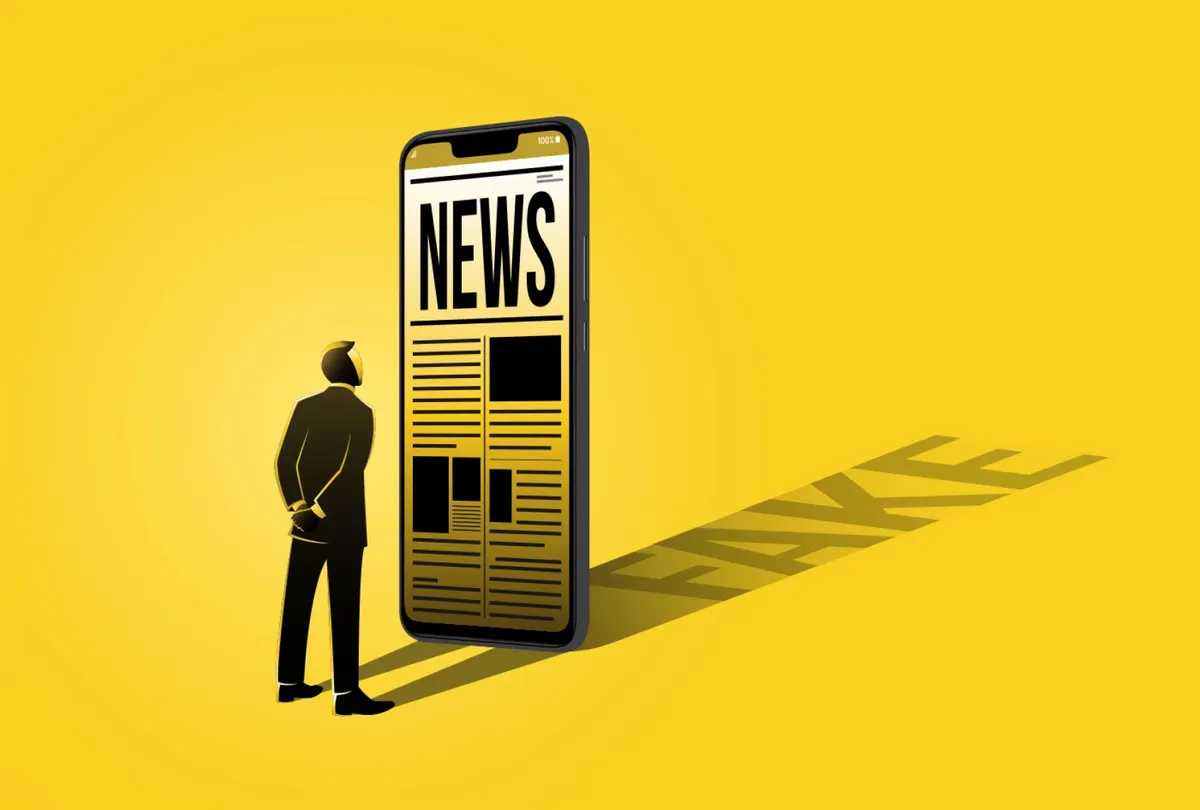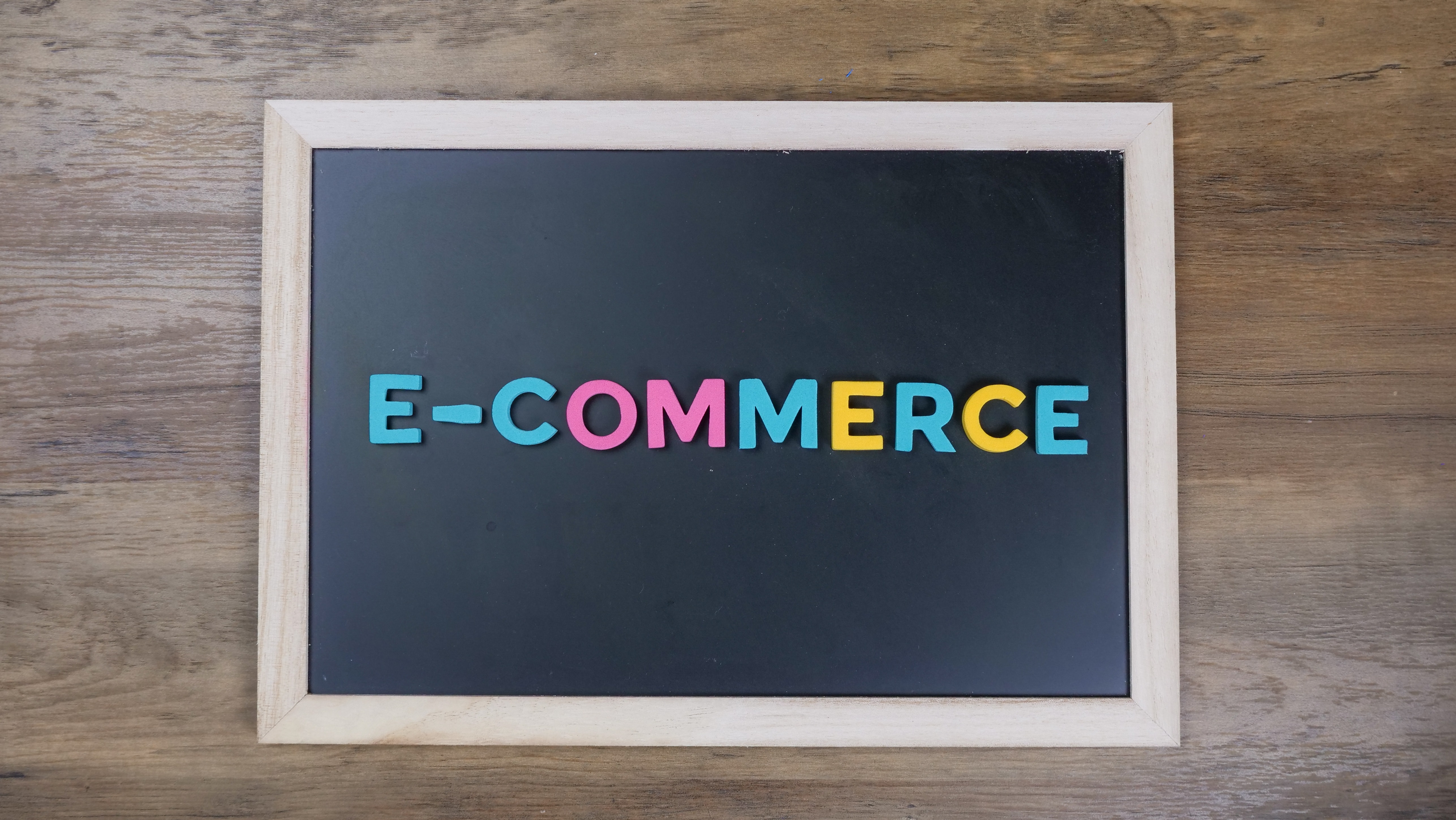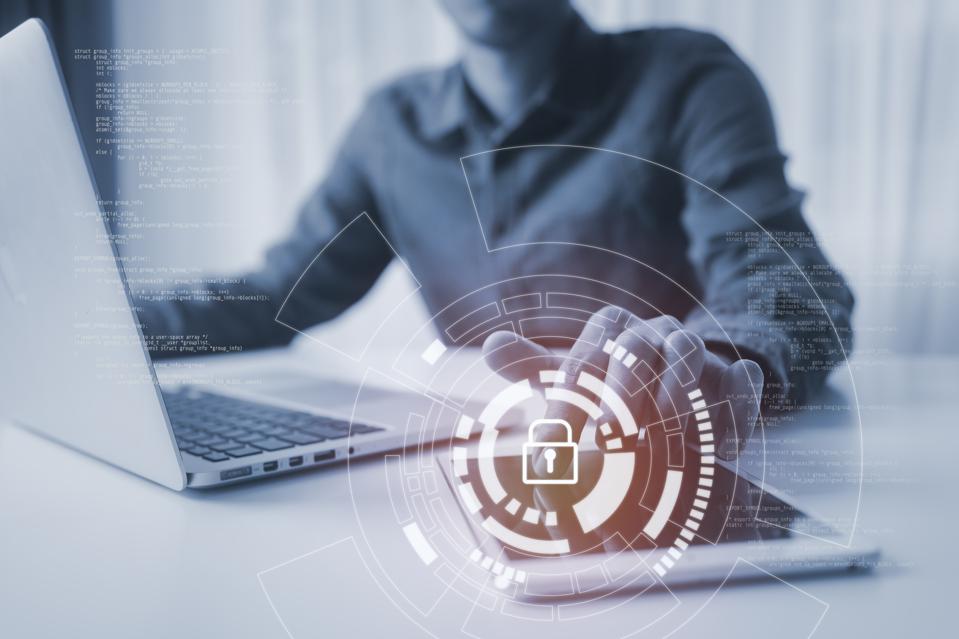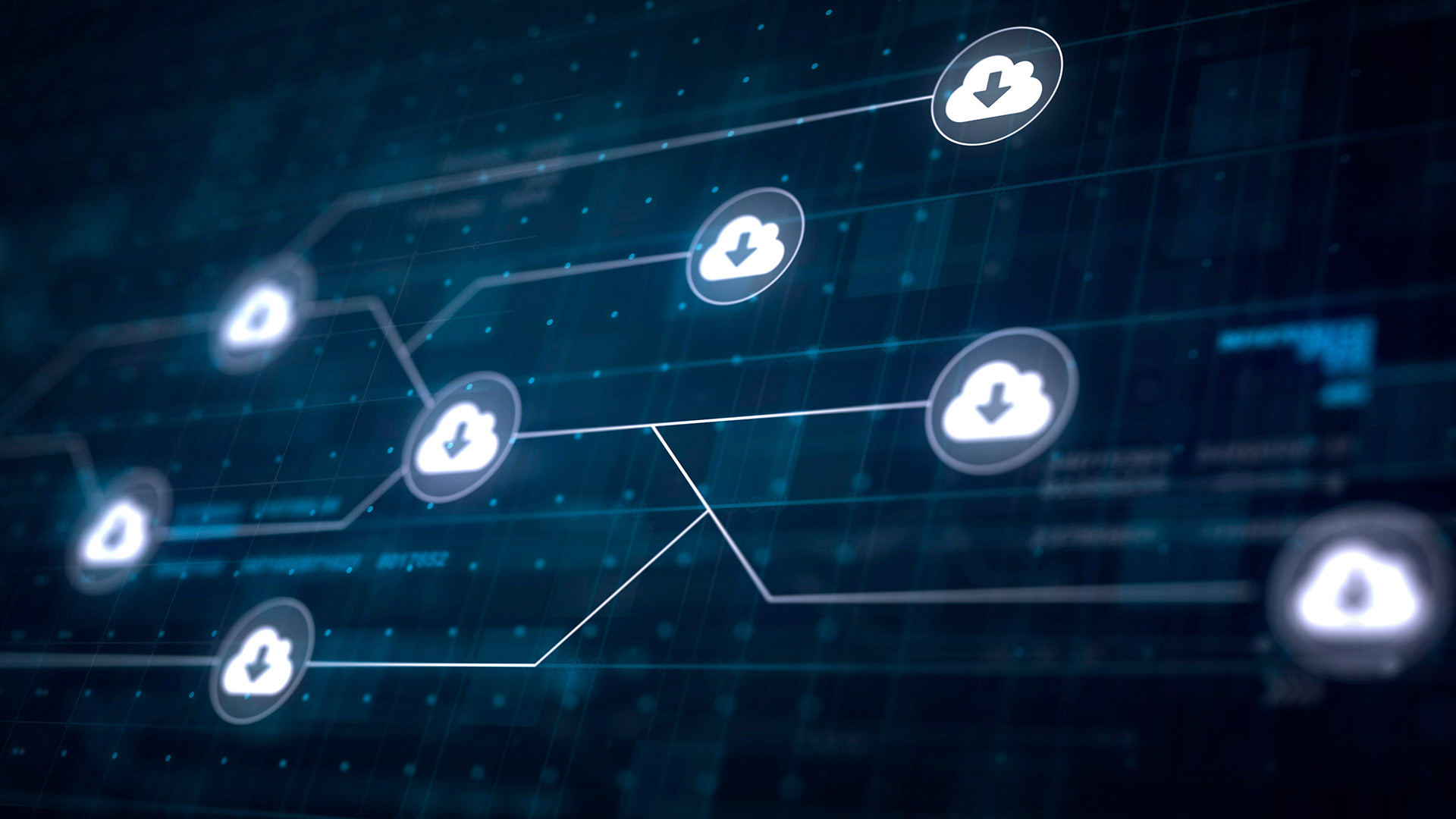Social media has become a powerful tool for politicking and political activism, allowing individuals to express their views, organize events, and raise awareness on various issues. The upcoming Nigerian elections, set to take place on the 25th of February 2023, have been marked by a lot of social media influences positive and negative for all parties involved. In this article, we will explore the benefits and risks of using social media for political activism with a focus on the upcoming Nigerian elections. These pros and cons may sound generic but have had a tremendous effect on voter activity, empathy, apathy and many more factors.
Benefits of social media for political activism:
- Reach: Social Media has a massive reach, and with the increased availability of smartphones and access to the internet, voter sensitization has been very profound in the days leading up to our nation’s general elections. The #GetYourPVC and its many variations are not new to many mobile users, further proof of the influence social media has had in this year’s election campaigns
- Speed and Accessibility: Social Media is fast and allows for real-time communication. This can be particularly beneficial for activists seeking to mobilize support for their cause, organize events, or spread awareness about political issues. More people have watched campaign rallies on their social media handles and feed that at the actual rally venue. Election information and updates are accessible to everyone with an internet connection, making it possible for individuals from all walks of life to participate in political activism.
- Low Cost: Social Media is relatively low cost compared to traditional forms of activism, such as organizing rallies or advertising in print media and poses less risk of physical harm and harassment for individuals willing to speak their views in public. The #ENDSars campaign had more online participants than physical demonstrators, turning it from a simple hashtag to a political movement.
Risks of social media for political activism:
- Misinformation: Social Media is notorious for spreading false information, which can lead to confusion and misunderstandings. This can be particularly damaging in the context of political activism, where incorrect information can harm campaigns or compromise the safety of activists. This year’s election campaigns have had their fair share of political misinformation and fake news syndrome even with various fact-checking tools and media in place. It is not something that may be eliminated.
- Polarization: Social media can foster an "echo chamber" effect, where users are only exposed to information that aligns with their existing views. This can further polarize society and make it more challenging to find common ground on political issues. There are platforms designed solely to feed biased views of certain groups which may lead to online and offline violence and in some cases full-scale political uprising.
- Cyberattacks and Forced Censorships: Activists who use social media are at risk of cyberattacks, including hacking and identity theft. This can compromise their personal and professional lives, as well as their ability to participate in political activism. Again, individuals and media houses may be the target of forced censorship by the powers that be, making them the target of virtual harassments, threats and, in extreme cases, unlawful incarceration.
In conclusion, social media has become a critical tool for Nigerian politics and activism, offering many benefits and risks. As the Nigerian elections approach, it is essential to consider the impact of social media on the political process and to use it wisely and responsibly. While it can be a powerful force for change, it must be used with caution to ensure that it promotes and protects the interests of the people.








